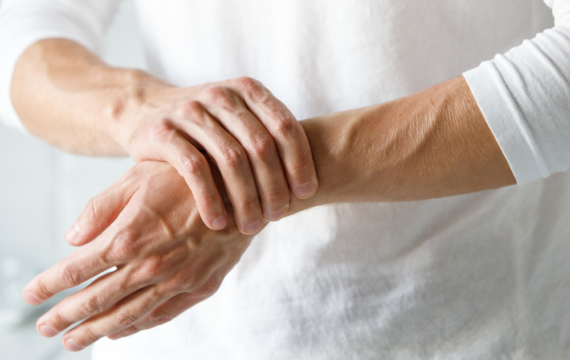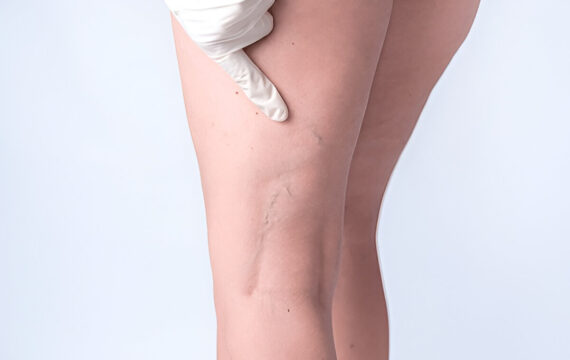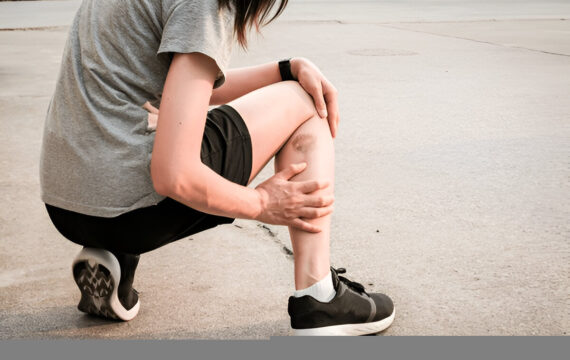Feeling tired or experiencing heavy legs can be easily dismissed as just another consequence of our busy lives. However, heavy legs can often indicate underlying issues that deserve attention. This article looks into the possible causes of heavy legs, exploring the physiological, lifestyle, and medical factors that can contribute to this discomfort. We aim to provide a comprehensive understanding of this condition and offer insights into managing and alleviating it.
Understanding the Sensation of Heavy Legs
The sensation of heavy legs is typically described as a feeling of tiredness, weakness, or a sense of heaviness in the lower limbs. It can be accompanied by swelling, pain, or a dull ache. This discomfort can significantly impact daily activities, making walking or standing for extended periods challenging.
Physiological Factors
- Poor Circulation: One of the primary causes of heavy legs is poor blood circulation. Conditions like chronic venous insufficiency (CVI) can lead to the pooling of blood in the lower extremities, causing swelling and a heavy feeling. Varicose veins, a common manifestation of CVI, can exacerbate this sensation.
- Muscle Fatigue: Intense physical activity or prolonged standing can lead to muscle fatigue, resulting in heavy legs. This is common among athletes and people with physically demanding jobs.
- Dehydration: Lack of adequate hydration can affect muscle function, leading to cramps and a heavy feeling in the legs.
Lifestyle Factors
- Sedentary Lifestyle: A lack of physical activity can weaken the muscles and impair circulation, contributing to the sensation of heavy legs.
- Obesity: Excess body weight puts additional strain on the legs, leading to fatigue and discomfort.
- Diet: A diet high in sodium can cause water retention, leading to swelling and a heavy feeling in the legs. Additionally, deficiencies in essential nutrients like magnesium and potassium can affect muscle function.
Medical Conditions
- Peripheral Artery Disease (PAD): PAD is a condition where the arteries that supply blood to the limbs become narrowed or blocked. This can cause pain, cramping, and a heavy feeling in the legs, especially during physical activity.
- Diabetes: Diabetic neuropathy, a common complication of diabetes, can lead to nerve damage in the legs, resulting in heaviness, numbness, and pain.
- Lymphedema: This condition involves the accumulation of lymphatic fluid in the tissues, causing swelling and a heavy feeling in the affected limbs.
Psychological Influences
- Stress and Anxiety: Chronic stress and anxiety can manifest physically, leading to muscle tension and a sensation of heaviness in the legs.
- Depression: Individuals with depression often experience fatigue and a general sense of heaviness, which can extend to the legs.
Managing and Alleviating Heavy Legs
- Regular Exercise: Engaging in regular physical activity, such as walking, swimming, or cycling, can improve circulation and strengthen muscles, reducing the sensation of heavy legs.
- Healthy Diet: A balanced diet rich in fruits, vegetables, lean proteins, and whole grains can support overall health and prevent nutrient deficiencies. Reducing sodium intake can also help prevent water retention.
- Hydration: Staying adequately hydrated is crucial for maintaining muscle function and preventing cramps.
- Elevation: Elevating the legs above heart level for 15-20 minutes several times a day can help reduce swelling and improve circulation.
- Compression Stockings: Wearing compression stockings can provide support to the veins and improve blood flow, alleviating the sensation of heavy legs.
- Stress Management: Practicing stress-reducing techniques such as yoga, meditation, and deep breathing exercises can help alleviate the physical symptoms of stress and anxiety.
- Medical Consultation: If heavy legs persist or are accompanied by other symptoms, it is essential to consult a healthcare professional. They can perform necessary evaluations, including blood tests, Doppler ultrasounds, or other diagnostic tests, to determine the underlying cause and recommend appropriate treatment.
Conclusion
The sensation of heavy legs is more than just a sign of tiredness; it can indicate various underlying physiological, lifestyle, and medical factors. Understanding the potential causes and implementing appropriate management strategies can significantly improve quality of life.
If you are experiencing persistent or severe symptoms, seeking medical advice is crucial to ensure proper diagnosis and treatment. By addressing the root causes and making lifestyle adjustments, you can alleviate the discomfort of heavy legs and maintain overall well-being.




